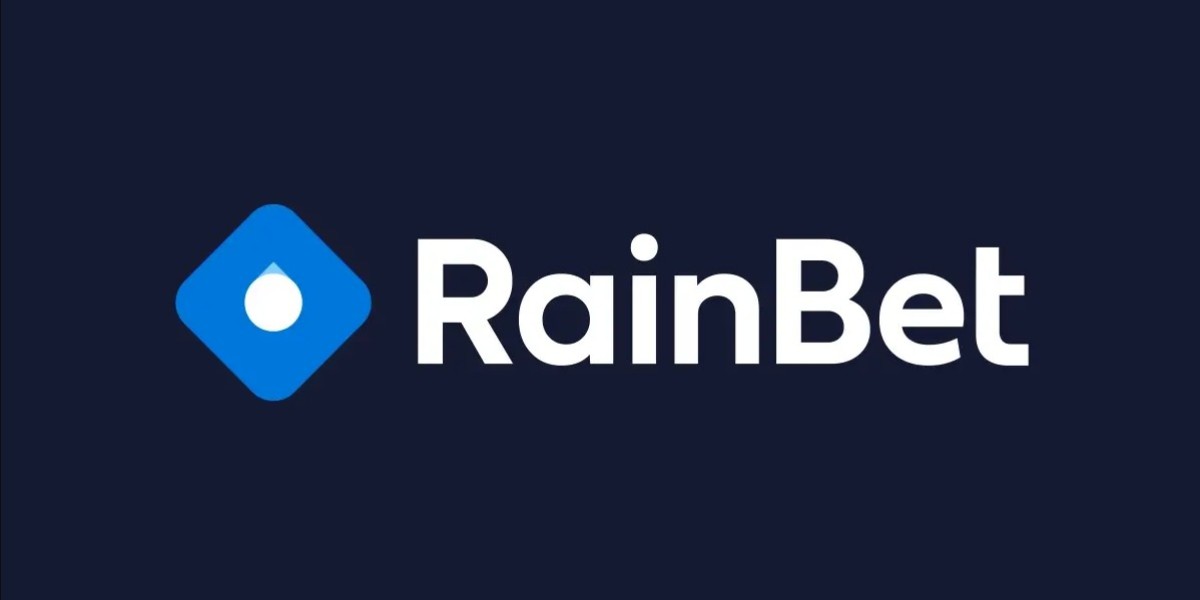Introduction
In the world of digital marketing, Pay-Per-Click (PPC) campaigns have become a cornerstone for driving targeted traffic and generating leads. By paying for each click on your ads, PPC allows businesses google ppc ads to reach potential customers quickly and efficiently. This article provides a comprehensive guide to mastering PPC campaigns, from setup to optimization.
Understanding Pay-Per-Click (PPC) Campaigns
PPC is an online advertising model where advertisers pay a fee each time their ad is clicked. It’s a way of buying visits to your site rather than attempting to “earn” those visits organically. Google Ads and Bing Ads are the most popular PPC platforms, but social media platforms like Facebook, LinkedIn, and Instagram also offer robust PPC advertising options.
Setting Up a PPC Campaign
1. Define Your Goals
Before launching a PPC campaign, it’s crucial to define your objectives. Are you looking to increase website traffic, generate leads, or boost sales? Clear goals will guide your campaign strategy and help measure success.
2. Keyword Research
Identify relevant keywords that potential customers might use to find your products or services. Tools like Google Keyword Planner, SEMrush, and Ahrefs can help you discover high-volume, low-competition keywords that align with your campaign goals.
3. Create Compelling Ads
Write clear, compelling ad copy that addresses your audience’s needs and includes a strong call-to-action (CTA). Highlight unique selling points (USPs) and ensure your ads are relevant to the keywords you’re targeting. Use engaging visuals for display ads to capture attention.
4. Set a Budget and Bidding Strategy
Determine your campaign budget and decide how much you’re willing to pay for each click. Choose a bidding strategy that aligns with your goals. Common strategies include manual CPC (cost-per-click) bidding, automated bidding, and target CPA (cost-per-acquisition) bidding.
Launching Your PPC Campaign
1. Choose the Right Platform
Select the PPC platform that best suits your business needs. Google Ads is ideal for search intent and broad reach, while social media platforms are better for targeting specific demographics and interests.
2. Set Up Campaign Structure
Organize your campaign into ad groups based on themes, products, ppc ad agency or services. Each ad group should contain related keywords and ads. This structure improves ad relevance and quality scores, which can lower costs and improve performance.
3. Implement Conversion Tracking
Set up conversion tracking to measure the effectiveness of your campaign. Track actions such as form submissions, purchases, or sign-ups to understand which ads and keywords are driving results. Google Analytics and platform-specific tracking tools can help with this.
Optimizing Your PPC Campaign
1. Monitor Performance
Regularly review your campaign performance using metrics like click-through rate (CTR), conversion rate, and cost-per-click (CPC). Identify underperforming ads or keywords and adjust your strategy accordingly.
2. A/B Testing
Conduct A/B tests to compare different versions of your ads. Test variations in ad copy, headlines, visuals, and CTAs to determine which elements resonate most with your audience. Use the insights gained to refine your ads for better performance.
3. Negative Keywords
Add negative keywords to exclude irrelevant searches that could waste your budget. For example, if you sell luxury watches, you might exclude terms like “cheap” or “discount” to avoid attracting users pay per click campaign who are not your target audience.
4. Optimize Landing Pages
Ensure your landing pages are optimized for conversions. They should be relevant to the ad content, load quickly, and provide a seamless user experience. A well-designed landing page can significantly improve your conversion rates.
Conclusion
Mastering PPC campaigns requires a combination of strategic planning, continuous monitoring, and optimization. By setting clear goals, conducting thorough keyword research, creating compelling ads, and regularly analyzing performance, you can maximize the return on your PPC investment. Embrace the dynamic nature of PPC advertising, keep experimenting with different tactics, and watch your campaign success soar.








